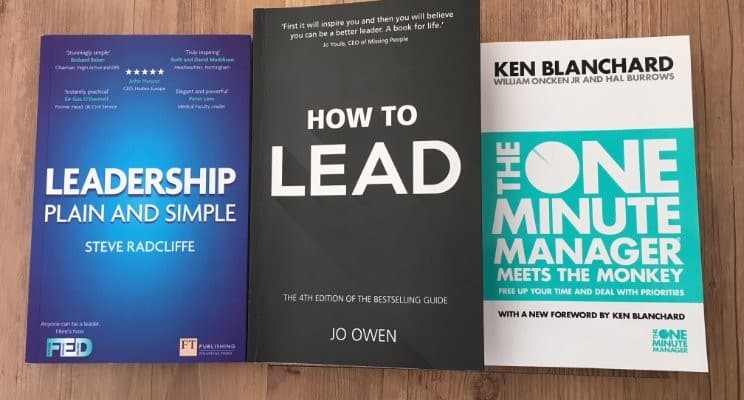What’s the best way to start a creative writing piece?
The key is to dive straight into the action or a compelling piece of dialogue. Grab your reader’s attention from the first sentence. Think about what makes your story unique and lead with that. Sometimes, starting in the middle of a scene can hook readers instantly.
How can I beat writer’s block?
Try changing your environment or writing at a different time of day. Set small, achievable goals to regain confidence. Reading can also spark inspiration, so maybe dive into a book in a genre you love. Don’t stress about perfection on the first draft; just start writing, even if it’s about how you can’t write.
Can I improve my writing without a formal class?
Absolutely! Reading extensively improves your understanding of different styles and vocabularies. Writing regularly, even just journaling, helps refine your skill. Peer feedback is invaluable, so consider joining a writing group or online forum. There are also countless free resources and writing prompts online to guide your practice.
Is it important to stick to a specific genre?
Not at all. Experimenting with different genres can broaden your skills and uncover interests you didn’t know you had. It’s a great way to find your unique voice. Don’t box yourself into one genre too early; give yourself the freedom to explore.
How do I create believable characters?
Start with giving them clear motivations, desires, and fears. They should have strengths and flaws, just like real people. Think about how they speak, move, and react to different situations. Let them evolve by making choices and facing consequences in your story. Sometimes, borrowing traits from people you know can add authenticity.
What’s the key to writing good dialogue?
Make it sound natural. Read it aloud to see if it flows like a real conversation. Each character should have a distinct voice, influenced by their background and personality. Avoid unnecessary filler words unless it adds to the character’s voice. Dialogue should reveal information or advance the plot, not just fill space.
How do I handle feedback on my writing?
View feedback as a tool for growth, not criticism of your worth. Be open to suggestions but remember it’s your story at the end of the day. Look for common themes in feedback; if multiple readers point out the same issue, it might be worth addressing. Finally, thank the people who take the time to offer constructive criticism.
Is there a secret to writing a great story?
While there’s no one-size-fits-all secret, compelling stories often have a clear conflict, dynamic characters, and a satisfying resolution. Engaging your reader’s emotions and imagination is crucial. Be passionate about what you’re writing; if you’re not interested in your story, your readers likely won’t be either.
How do I know when my piece is ready to publish?
First, ensure you’ve revised and edited your piece thoroughly. It can help to set it aside for a few weeks and then read it with fresh eyes. Feedback from trusted peers or mentors is invaluable. Once you feel like further revisions aren’t making significant improvements, and you’re proud to share it, your work may be ready for the world.







